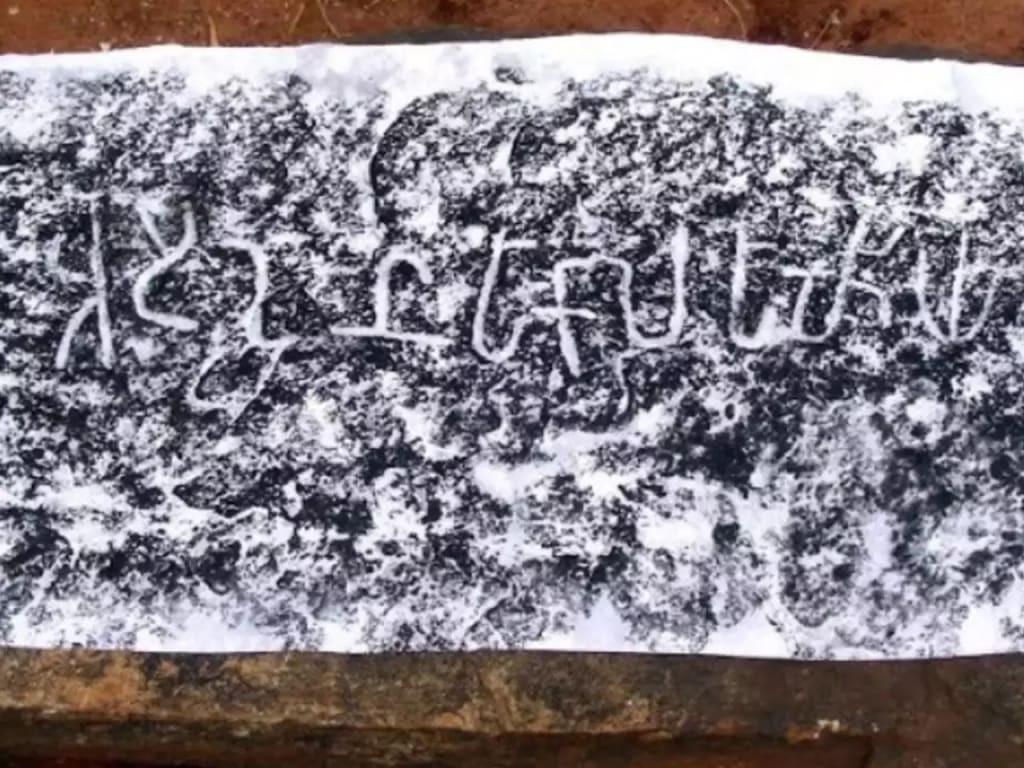
Tamil has a rich and fascinating history, with roots dating back thousands of years. It is one of the oldest living languages in the world, and has had a significant impact on the development of literature, art, and culture throughout the Indian subcontinent. Despite its age, Tamil remains a vibrant and dynamic language that is spoken by millions of people today, both in India and in other parts of the world. In this article, we will explore the origins of Tamil and compare it to other ancient languages to gain a better understanding of its place in human history.
The origins of the Tamil language can be traced back to the 3rd century BCE, with the earliest known Tamil inscriptions found in the southern Indian state of Tamil Nadu. Over the centuries, the language evolved and developed into a rich literary tradition, with works ranging from ancient Sangam literature to modern Tamil novels.
Tamil is a member of the Dravidian language family, which includes several other ancient languages such as Telugu, Kannada, and Malayalam. However, Tamil stands out as the most widely spoken and well-preserved Dravidian language, with a unique phonological and grammatical structure.
One of the defining features of Tamil is its extensive use of agglutinative morphology, where multiple morphemes are combined to form a single word. This allows for a high degree of precision and flexibility in expressing ideas, and has contributed to the richness and complexity of Tamil literature.
In addition to its linguistic heritage, Tamil also has a rich cultural and religious tradition. The ancient Tamil kingdoms of Chera, Chola, and Pandya were known for their flourishing trade and artistic achievements, and the language has been an important vehicle for the transmission of Hindu and Jain religious ideas.
Despite its rich history and cultural significance, Tamil, like many other ancient languages, has faced significant challenges in modern times. The spread of English and the pressures of globalization have led to a decline in the use of Tamil, particularly among younger generations. Efforts to revive and promote the language are ongoing, however, with initiatives such as Tamil-medium education, literary festivals, and digital resources helping to keep the language and its cultural legacy alive.
When compared to other ancient languages, Tamil stands out for its resilience and continued vitality. While many other ancient languages have either disappeared entirely or have been relegated to niche academic studies, Tamil continues to be spoken and used as a medium of communication, literature, and cultural expression in various parts of the world.
In conclusion, Tamil is a fascinating and important language with a rich and diverse history. Its unique features and cultural significance make it a valuable asset to the world's linguistic and cultural heritage. While challenges remain, the continued interest and support for Tamil language and culture suggest that its legacy will endure for generations to come.
It is not definitively established which language was the first spoken by the human race, as there is no written or recorded evidence from that time. It is believed that the earliest human language was likely a complex system of communication that evolved gradually over thousands of years.
Tamil is one of the oldest surviving languages in the world, with a history that dates back at least 2,000 years. It has a rich literary tradition, with ancient Tamil texts and poems dating back to the early centuries CE. While Tamil is not considered the first language of the human race, it is certainly one of the oldest and most significant languages in human history.





Comments
There are no comments for this story
Be the first to respond and start the conversation.